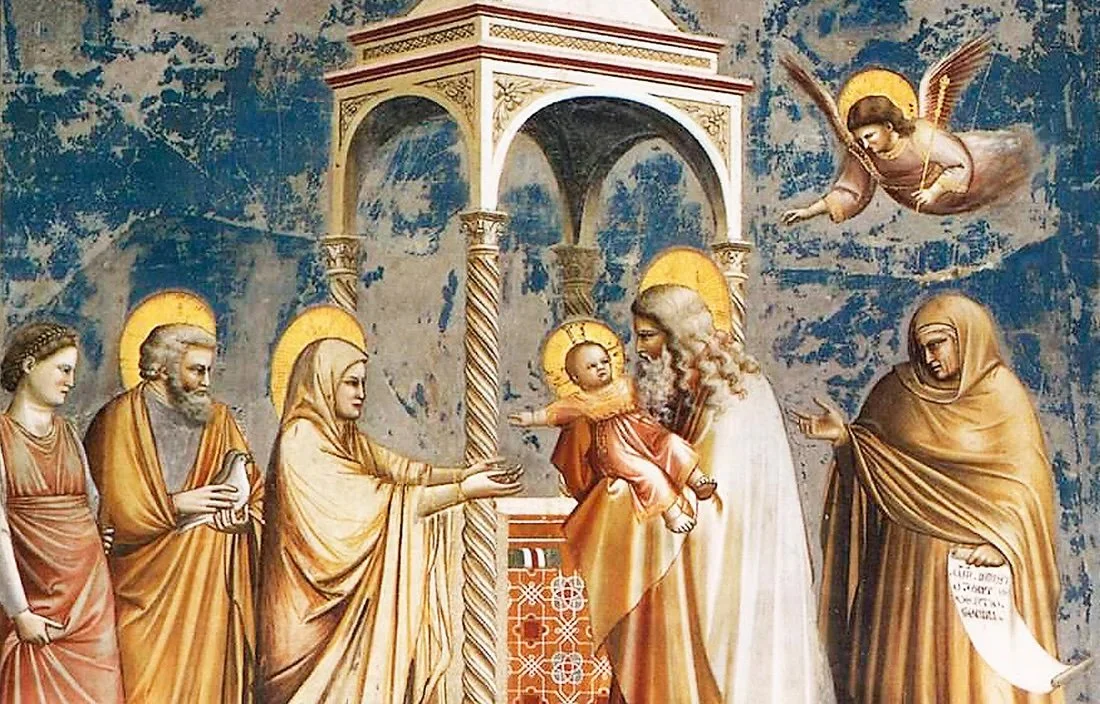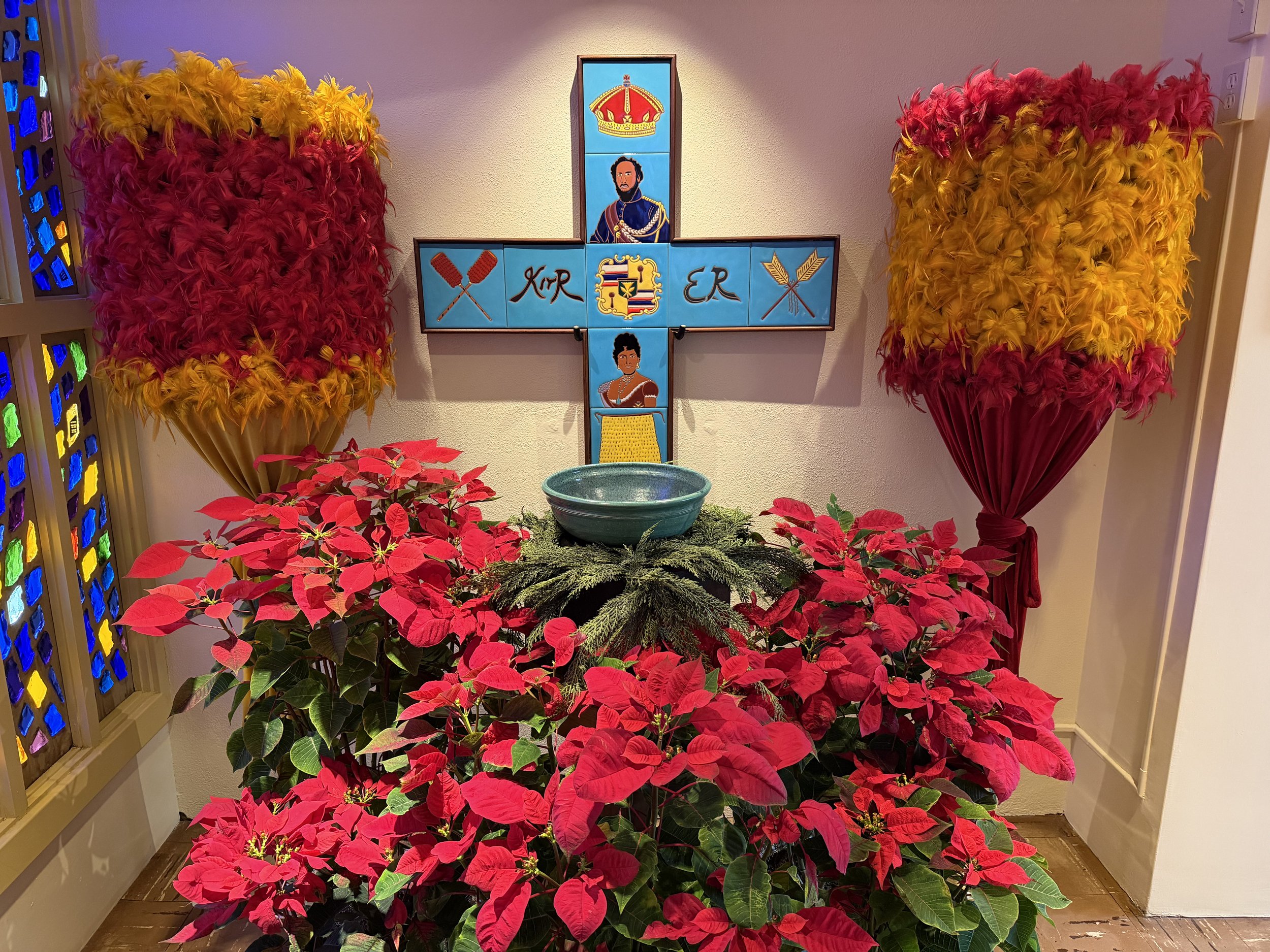From the Treasurer: Silent Meals
/The silent meals were the most awkward. My first retreat at Julian House Monastery--the motherhouse of the Order of Julian of Norwich (OJN)--to try my vocation as an oblate was filled with many surprises and new insights, but perhaps the hardest thing to get used to were meals that were taken in complete silence. In my experience, the only reason for silence at a meal would be because of a recent argument or unspoken tension and hostility. At Julian House, however, as is the case at most monasteries, visitors and newcomers have to accustom themselves to eating while having only the scrape of silverware on plates and various gastric noises to distract them. No wonder everyone finished so quickly and meals rarely lasted more than 15 minutes! (At dinner a bit of a reprieve is provided by a designated lector who will read to the community from an appropriately edifying book, but other meals are taken in total silence.)
Having had some years to grow in my vocation, however, I have come to see the silent meal as one of the gifts of the monastic life to the church and to the world. Monastic silence--not only at meals, but throughout the day--is cultivated and guarded strictly and intentionally. St. Benedict's Rule which has influenced much of monasticism in the West, reminds its readers:
Therefore, since the spirit of silence is so important, permission to speak should rarely be granted even to perfect disciples, even though it be for good, holy edifying conversation; for it is written, "In much speaking you will not escape sin," and in another place, "Death and life are in the power of the tongue."
As has been confirmed by centuries of hard-boiled experience, purposeful silence cultivates a space uniquely suited to meditative contemplation and an awareness and appreciation of the sacred and holy in every aspect of life, no matter how menial or humble. Freedom from idle chatter and small talk gives monastics room to be truly faithful stewards of the time that God has allotted them. I continue to be amazed at how much just a handful of Members Regular are able to accomplish at Julian House. From keeping a large property with several buildings immaculate and welcoming, to publishing journals and newsletters, maintaining a website, and serving the needs of a large and far-flung community of oblates and associates, the members of the Order do more in the four hours and forty-five minutes scheduled for work during the day than in an entire week at some workplaces. This certainly puts my chronic dawn-to-dusk scramble to get things done to shame! What is truly enlightening about their daily horarium or schedule, however, is that more time is spent in prayer and worship than in what the rest of the world would classify as "work". Daily mass is bookended by the full Daily Office (Morning Prayer, Noonday Prayer, Evening Prayer, and Compline) as well as communal silent meditation and private reading and reflection. God's time always comes first. When the bell summoning the community to prayer is rung, there is no dilly-dallying or scrambling to finish the task one is engaged in. Everything is dropped at once and the community gathers for its most important work of all: Giving glory and thanks to God.
My life since becoming affiliated with OJN has been profoundly reshaped by the monastic vision of stewardship--particularly stewardship of time. While I am still far from the monastic ideal, my appreciation for how infinite abundance flows from cultivating a constant awareness of God's presence is vivid and very real. If we truly and sincerely put God first above all else, there will be plenty of time to get done all of the things that need to get done, with time to spare. The challenge is in honestly and genuinely stepping aside and making God the center.
Last Sunday Michel Reavis shared with us some of the joys and challenges she has faced on her stewardship journey, and this weekend we will be graced to hear Derrick Shimabukuro's story. I invite you to reflect on your own stewardship journey in light of their experiences and join me in giving thanks to God for the innumerable blessings of the St. Mark's ohana in our lives.
Michael Ida, ObJN
Treasurer & Stewardship Ministry Team Chair







